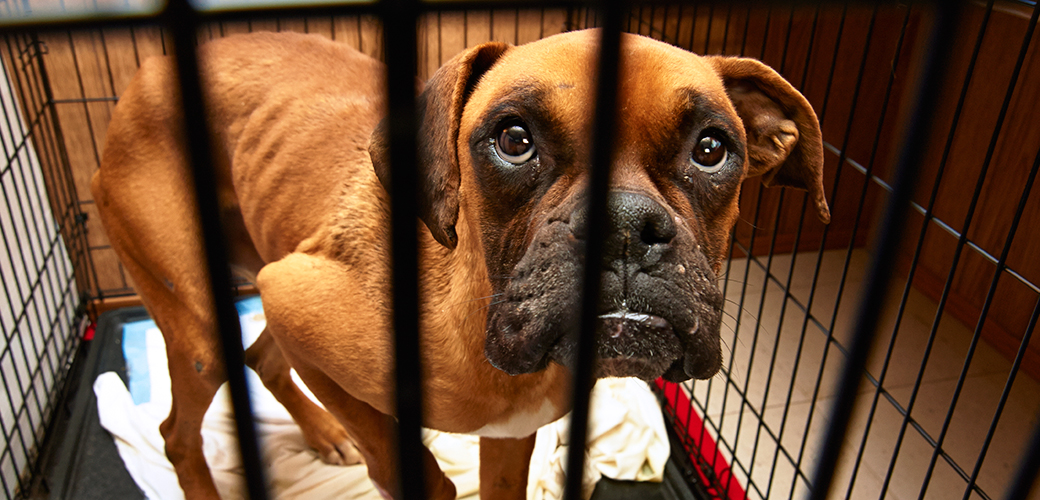Animal cruelty is a pervasive issue that affects countless creatures across the United States, including the vibrant city of San Antonio, Texas. It manifests itself in various forms, from neglect and abandonment to cruelty and physical abuse. This blog post aims to guide residents on how to effectively report animal cruelty in San Antonio, outlining local laws, procedures, and the appropriate channels to use.
Understanding the intricacies of local animal welfare laws is crucial. Texas law defines animal cruelty primarily under the Texas Penal Code § 42.09, which addresses both acts of cruelty and neglect. This statute explicitly prohibits intentional infliction of pain, harm, or death upon an animal, as well as failure to provide adequate food, water, or shelter. It is imperative for citizens to familiarize themselves with these definitions to discern when observing suspicious behavior or conditions may warrant a report.
When contemplating whether to report suspected animal cruelty, first assess the situation carefully. Sometimes, cases of apparent neglect or distress may be rooted in misunderstandings. For example, an animal left outside may be a temporary situation, perhaps related to yard maintenance. However, if the animal displays signs of severe distress—such as malnutrition, severe injury, or extreme unsanitary conditions—immediate action is necessary.
The process for reporting animal cruelty in San Antonio is straightforward, yet it requires vigilance and a sense of urgency. The first step is to gather pertinent information. Collect as many specific details as possible: the address or location of the incident, a description of the animal(s) involved, and any observable signs of distress or neglect. Take note of the time and date of the observations; these details can enhance the chances of a timely response.
In San Antonio, the Animal Care Services (ACS) is the primary authority responsible for handling reports of animal cruelty. The ACS employs officers trained to investigate allegations of abuse or neglect. To file a report, reach out to the ACS at (210) 207-6660. The office operates from 7:00 AM to 11:00 PM, seven days a week. Alternatively, you may submit an online complaint through the ACS website, making it easier for individuals who may hesitate to make a phone call.
It is also essential to be aware of the San Antonio Police Department (SAPD) and its role in instances of severe cruelty or violence toward animals. If you witness an incident that poses an immediate threat to an animal’s well-being or if an animal is found in a dangerous situation, do not hesitate to call 911. This action not only ensures the safety of the animal but also initiates prompt law enforcement intervention.
Furthermore, documenting your observations can bolster your report. Utilize your smartphone or camera to capture evidence, such as images or videos illustrating the animal’s condition. These records can serve as crucial evidence should further legal action be necessary. Be sure to maintain a safe distance if you choose to document; approaching an angry or distressed owner may escalate the situation.
Once a report is filed, an officer from ACS or SAPD will investigate the situation. During this process, they may interview witnesses, document their findings, and assess the animal’s welfare. If the evidence substantiates the claim of cruelty, charges may be brought against the alleged offender, which could result in fines, seizures of animals, or even imprisonment in egregious cases. Understanding that this process may take time and follow-up is essential; stay informed about the outcomes of your report.
Educating the community is another vital aspect of combating animal cruelty. Support local animal welfare organizations that strive to promote awareness about responsible pet ownership, the necessity for spaying and neutering, and the importance of compassion towards all living beings. Engaging in community outreach programs can foster a collective stance against cruelty and create a more humane society for animals.
Moreover, consider the option of anonymous reporting if the circumstances require it. The confidentiality of informants is often protected, allowing individuals to report without exposing themselves to potential backlash. However, providing your contact information can facilitate further communication with authorities, should additional information be required.
After reporting, stay engaged. Many residents may feel compelled to act and subsequently withdraw their involvement after a report is made. Following the case, attending any public hearings or court proceedings can reinforce community solidarity against animal cruelty. Your continued advocacy highlights the community’s determination to create a safe and nurturing environment for all animals.
Ultimately, the goal of reporting animal cruelty is not only about ensuring accountability but also about fostering compassion and empathy. Every report has the potential to save lives and improve the welfare of animals in San Antonio. As community members, we bear the responsibility to stand vigilant against cruelty, to advocate for those who cannot speak for themselves.
In summary, understanding local laws, providing thorough documentation, utilizing the correct channels to report incidents, and maintaining community engagement are all critical facets in the fight against animal cruelty. Together, we can ensure that every creature, regardless of its circumstances, receives the respect and care it unequivocally deserves.








